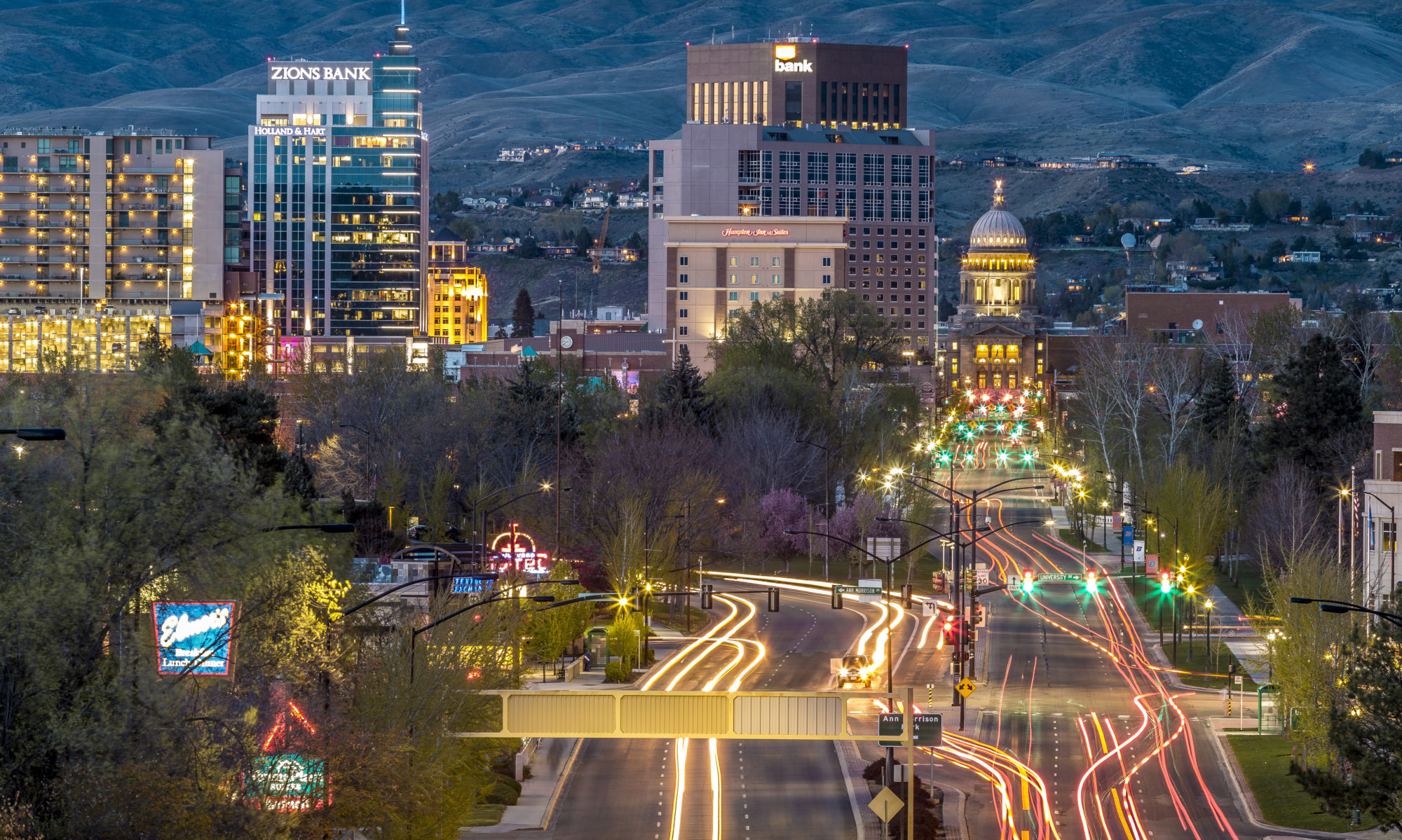Why is Boise trying to make the same mistake made by so many other small cities? From BusinessWeek:
The math is almost always the same when cities build ballparks: Teams keep most of the money spent by fans, and the share that cities get—rents, ticket surcharges, parking fees, cuts of concession sales—is rarely enough to keep up with debt costs, let alone generate a surplus. “You can’t sell enough hot dogs, and get a penny or two in sales tax, to pay off a $50 million stadium,” says Nola Agha, a University of San Francisco professor of sports management, who’s studied minor league financing.
Cities keep trying, but the economic stimulus provided by pro sports teams—the parking lots full of out-of-state license plates, the overflowing restaurants—is more anecdotal than real. Agha looked at 283 cities with minor league teams from 1985 to 2006. While she found modest increases in per capita income in some cases (mostly midsize cities with Triple-A teams), the tax gains rarely covered stadium expenses. In another study, she found that people will sometimes pay a little more in rent, all other things being equal, to be in a town with a minor league team. Again, the increases didn’t justify the levels of public spending. “In general, it doesn’t pay off,” she says. “You can look at the numbers up and down and sideways.”
